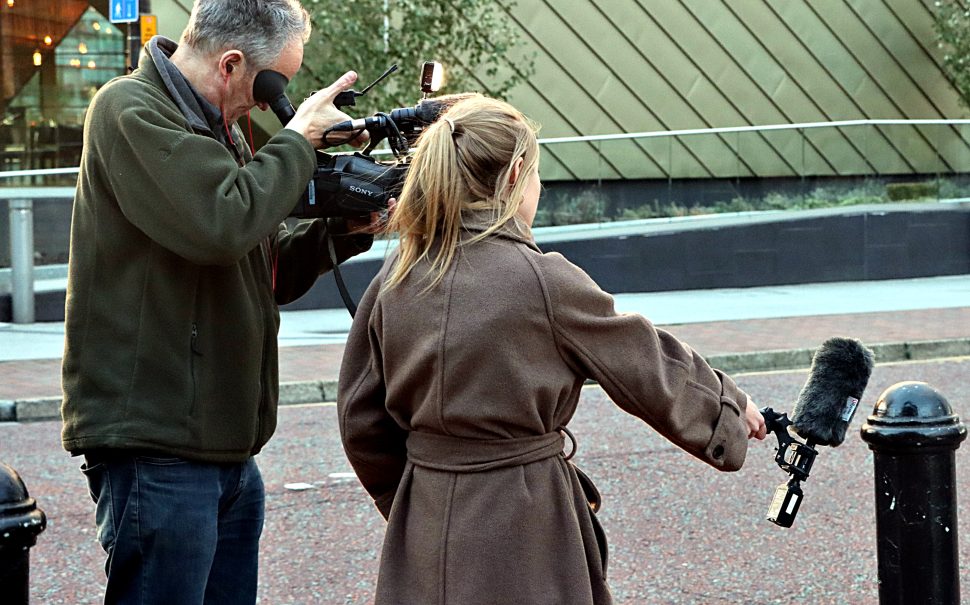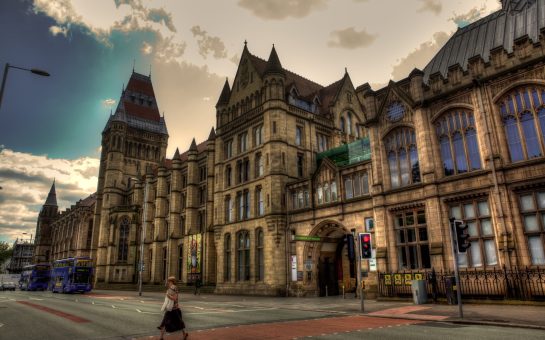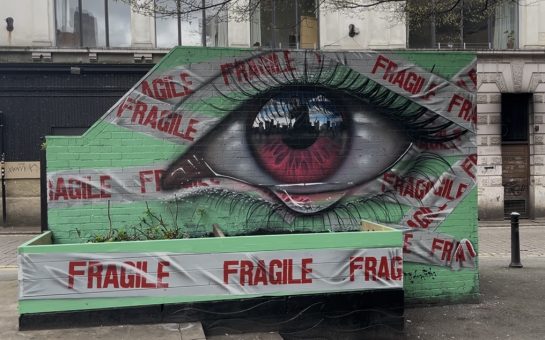As Remembrance Day approaches, broadcasters that are publicly owned or receive state funding will provide ample coverage of the commemoration – despite the lack of veteran representation in their ranks.
These organisations – Channel 4, S4C and the BBC – do not collect data on the number of veterans they employ.
They keep a range of statistics on many other staff demographics and offer employee networks specifically designed to support them – but veterans are overwhelmingly neglected on this front.
They’ve also not signed up for the Armed Forces Covenant, an informal understanding of mutual obligations between society, government and the military.
Meanwhile, fellow media outlets GB News, BFBS and the Telegraph Media Group have done.
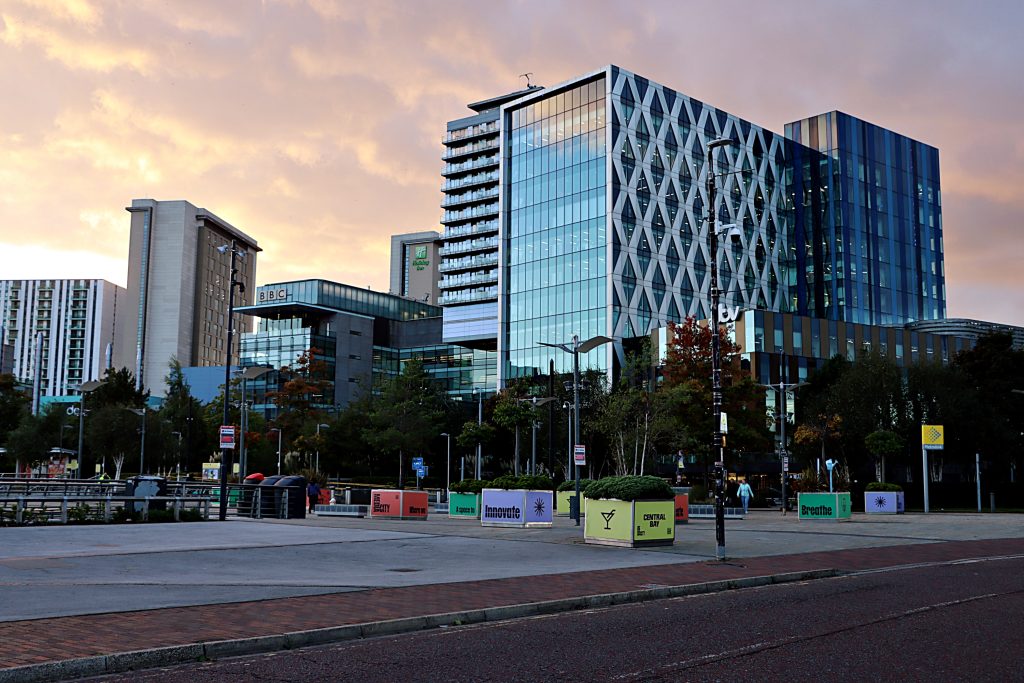
Asked to comment on why they do not know how many veterans work for them, a spokesperson for the publicly funded BBC said: “Our Diversity and Inclusion Plan is focused on protected characteristics under the Equality Act 2010, as well as socio-economic diversity.”
Not only are the numbers of employees who are veterans not collated by the BBC but the word ‘veteran’ is not mentioned once in its Diversity and Inclusion plan of 2021-2023.
The plan pledges that: “We’re committed to creating an organisation that reflects more accurately the society we serve” – but unfortunately that doesn’t extend to those who served the nation.
Veterans are their forgotten community – except arguably for a few times during the year when the flags are rolled out.
In the 2021 census, more than 1.8 million people in England and Wales reported that they had previously served in the UK armed forces (3.8% of usual residents aged 16 years and over).
These were similar numbers to the LGBTQ+ community where 3.2% of the population identified as such in the same census (7.5% of those surveyed did not respond).
I am a Commonwealth veteran who can count on one hand the number of ex-services personnel who I know work in the media in the United Kingdom, including me.
I am sure there are more out there but it is difficult to assess – especially when these broadcasters treat this important issue with such apathy.
According to a YouGov report released in January 2023 which talked to more than 12,000 people: “71% of employers believe veterans have a strong work ethic, while a vast majority of fellow employees say veterans are resilient individuals they are happy to work alongside.”
The BBC, Channel 4 and S4C are missing out on this expertise – veterans are grossly underrepresented in the media.
A spokesperson from Channel 4 said: “Channel 4 does not routinely ask our employees whether they have ever served in the armed forces.”
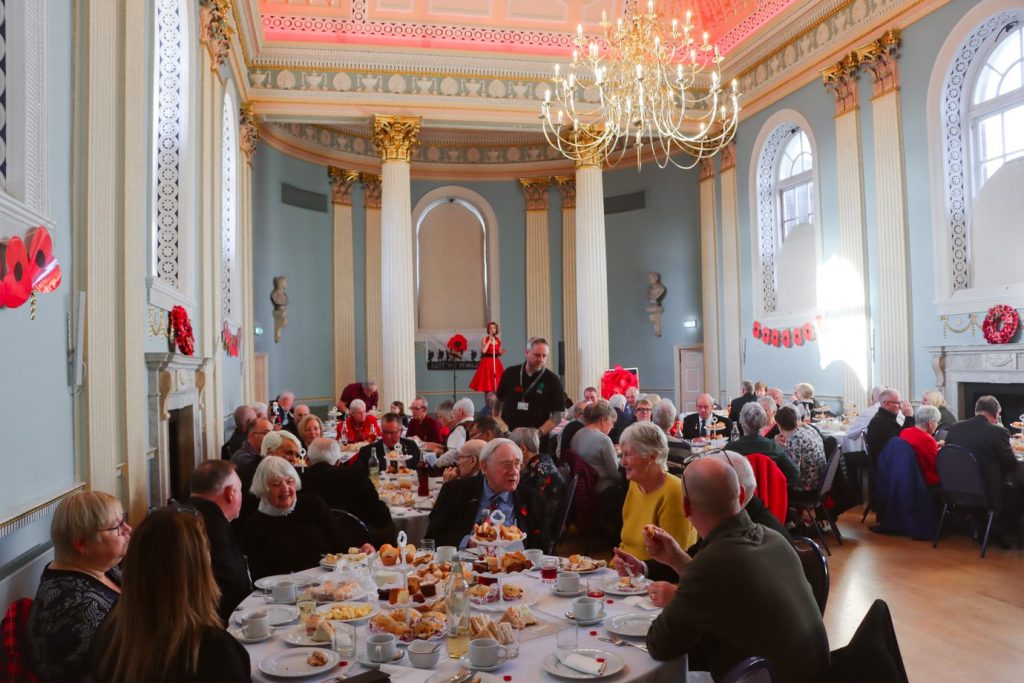
Nor do they offer specialist support for veterans who may have other specific challenges like PTSD as a result of combat.
“Channel 4’s employment policies and support for mental health conditions are the same for all employees regardless of their previous profession,” added the spokesperson.
A S4C spokesperson said: “We don’t ask about, or keep information regarding an individual’s military record when they apply for a job or if they work for S4C.”
These broadcasters lag behind other organisations from various industries who keep this data and are more far accommodating to the ex-services community.
Employers such as Greater Manchester Fire and Rescue, local authorities, Jaguar Land Rover and Hampshire and Isle of Wight Constabulary all openly take advantage of the skills veterans offer.
Off the back of this, I would argue the ex-services community is the most disproportionately represented demographic at the BBC, S4C and Channel 4 – which indicates a recruitment bias.
What’s more, an increase of hiring veterans would also help these organisations achieve other targets – 32% of veterans are disabled, according to the 2021 census, and many sit at the lower end of the socio-economic range.
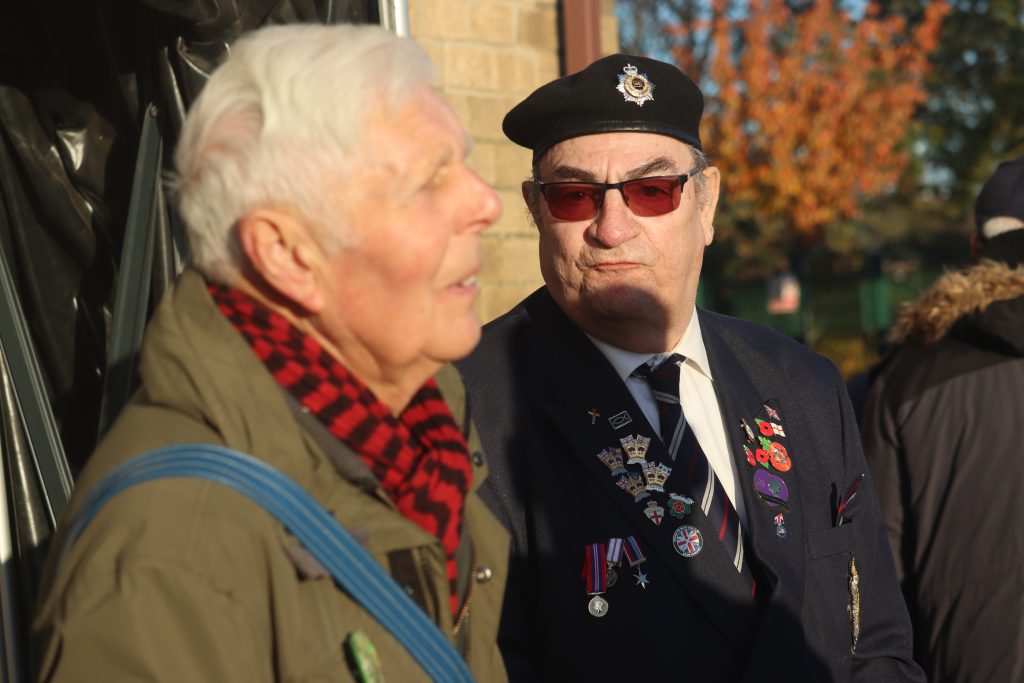
And, of course, veterans themselves are the people best placed to help public broadcasters improve reporting of issues affecting ex-service communities.
A 2022 YouGov study for the Office for Veterans’ Affairs (2022) found that people who didn’t know veterans personally lacked empathy towards them – “and often drew on negative stories they had seen in the media.”
The study also mentioned the cliché that ex-service personnel were ‘mad, bad and sad’ – suggesting it is “more of a myth perpetuated by the media rather than something that is based in fact”.
It could well be a lack of veteran representation in the media landscape that has led to the ‘mad, bad and sad’ narrative.
TV news is a crucial driver for public opinion – 36% of people believe it helped shape their views on veterans, according to the YouGov study – so public broadcasters should be taking some responsibility by tracking how many veterans they hire, and aim to hire more.
A final reason they should do this? It would win them back a not-unsizeable demographic.
According to the Veterans’ Survey commissioned in 2022 by the Office for National Statistics, less than 5% of the ex-services community got their main source of information on veteran-related topics from TV news, radio, and national or regional newspapers – suggesting they have lost faith with the media.
The armed forces have struggled with inclusivity in the past, but my experience as a veteran saw people of all races, religions, sexual orientations and beliefs come together to work in teams.
Despite some historical problems with diversity issues, the contemporary armed forces are now more inclusive of people from all walks of life than some media outlets are of ex-services personnel.
Hopefully, much like the armed forces, these three media companies will learn from their mistakes and make sweeping changes to better accommodate veterans.
These organisations need to do better – instead of simply ignoring ex-service personnel to the point that they have no idea how many work for them.
It is paramount that veterans receive the same opportunities as other members of the wider community within some of our major media organisations.
At the BBC, S4C and Channel Four, they aren’t even being considered.
Images by Rob Currell.
